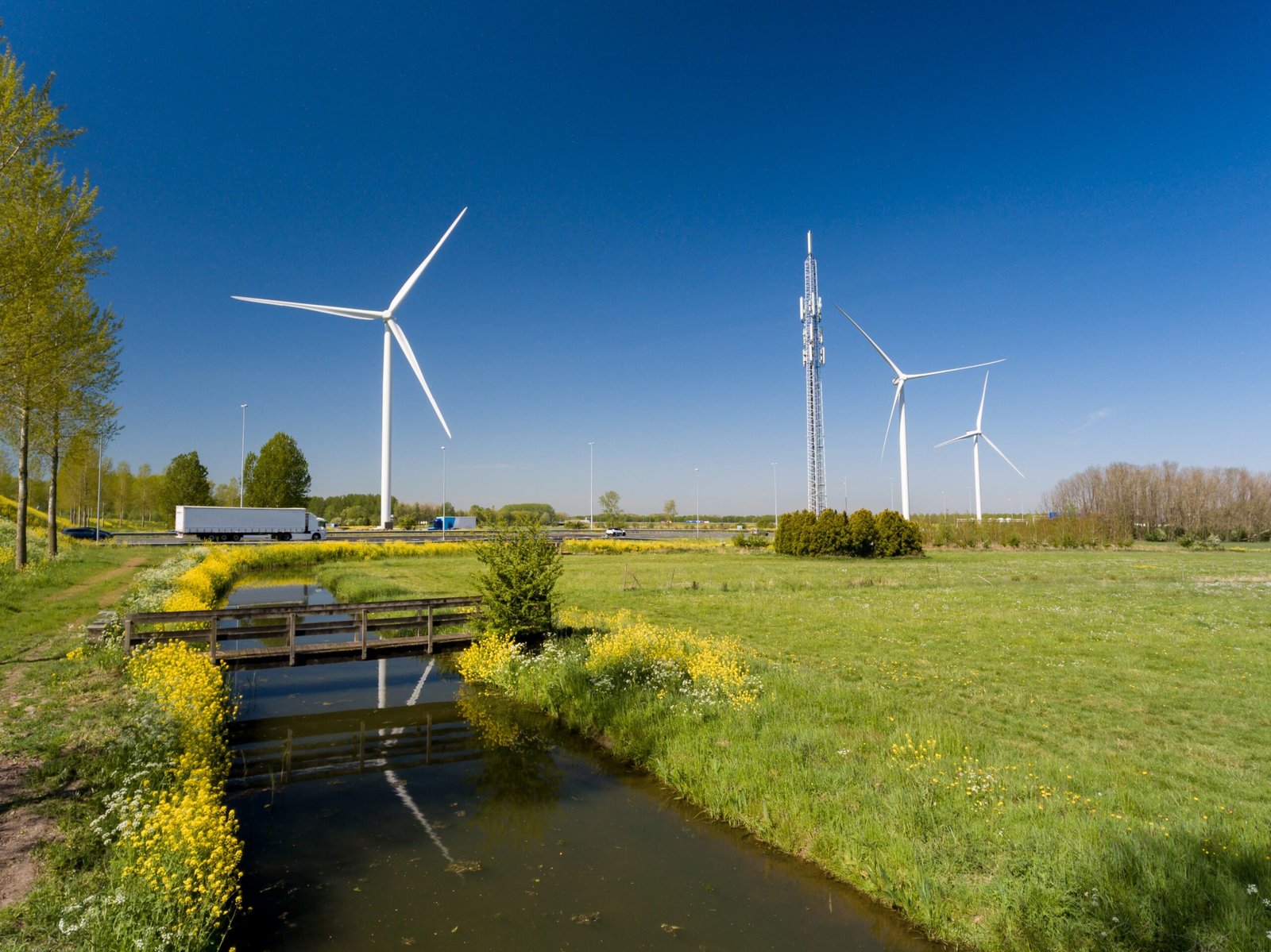
Europe is home to cities that are leading the way in environmentally conscious projects. These cities have become pioneers in taking action against climate change and embracing sustainability initiatives. This results in global recognition for their dedication to creating a greener future for the continent.
In this article, we’ll dive into the remarkable efforts of ten European cities that stand out in environmental practices and excellence, each contributing significantly to the global movement for a more sustainable planet.
Copenhagen, Denmark
Copenhagen is leading the way in environmental efforts. Aligning with their goal of being the world’s first carbon-neutral capital by 2025, Copenhagen makes organic food accessible, and transportation sustainable through a popular biking culture. Residents also play an active role in making the city more sustainable by adopting eco-friendly shopping habits, like using personal containers for bulk purchases.
Helsingør, Denmark
Helsingør Municipality in Denmark is working hard to reduce its carbon footprint. They have a goal to cut CO2 emissions to just one ton per person by 2030 and want to be completely carbon neutral by 2050. This means they’re taking big steps to make their city cleaner and more eco-friendly for everyone who lives there.
Milan, Italy
Milan stands out for its initiatives to reduce air pollution and increase green spaces. The city has implemented a comprehensive urban reforestation project, Forestami, demonstrating a dedication to creating a healthier and more sustainable living environment for its residents.
Oslo, Norway
Oslo is making a big change in how people get around—swapping regular buses for 450 electric ones! They want to be the first capital with an all-electric transport system by 2023 and aim to be completely emissions-free by 2030. This move is part of a €48 million plan, not just to be greener but also to save money in the long run. It’s a cool step towards a cleaner and more affordable city.
Reykjavik, Iceland
Reykjavik is making its name in sustainable practices by utilizing geothermal energy for heating and reducing reliance on fossil fuels. The city is committed to becoming carbon neutral by 2040 in an environmentally friendly and people-centered way. The city also prioritizes sustainable tourism, allowing visitors to experience its natural beauty without harm to the environment.
Stockholm, Sweden
Stockholm leads the way in sustainable waste management practices, actively working towards becoming fossil fuel-free by 2040. The city’s holistic approach to environmental sustainability includes initiatives for waste reduction, recycling, and creating a circular economy.
Turin, Italy
Turin is making strides in sustainability, emphasizing eco-friendly living through initiatives like sustainable mobility and urban greenery projects. At the start of 2019, the city signed the new Covenant of Mayors for Climate and Energy, pledging to reduce CO2 emissions by 40% by 2030. This commitment aligns with Turin’s dedication to a greener and more climate-resilient urban environment.
Munster, Germany
Munster promotes eco-friendly architecture and energy-efficient buildings, with robust initiatives for waste reduction and recycling. The city’s commitment to sustainable practices extends to both its infrastructure and daily living habits.
Lund, Sweden
Lund leads in renewable energy use, incorporating wind and solar power into its energy mix. The city integrates sustainability into its urban planning, creating a green and eco-friendly living environment for its residents.
Malmo, Sweden
Malmo is known for its innovative district heating systems and sustainable urban development projects. The city is committed to achieving 100% renewable energy by 2030, setting a high standard for clean and green energy practices.
NGO Role in Fostering Environmental Excellence
Non-Governmental Organizations (NGOs) are important for supporting the environmental efforts of cities across Europe. These organizations often:
Advocate for Policy Change: NGOs work to influence policymakers and encourage the adoption of environmentally friendly legislation and initiatives.
Community Engagement: Community is what’s behind every great initiative, after all. It helps to drive awareness and active participation in environmental conservation efforts.
Research and Development: NGOs often conduct research to identify best practices and innovative solutions, providing valuable insights for cities striving to enhance their environmental performance.
Capacity Building: NGOs support cities in building the necessary knowledge and skills to implement sustainable practices effectively.
Collaboration and Networking: NGOs encourage the sharing of successful strategies and the development of joint initiatives for collective environmental impact.
Join the Action
Ready to make an impact on the planet?
Why not join our 5P Movement and help us pave the way to a greener future! Here’s your opportunity to empower initiatives worldwide, amplify voices, and drive change. Each and every action counts in building an eco-conscious tomorrow.
Click here to learn more and contribute to a greener tomorrow.


